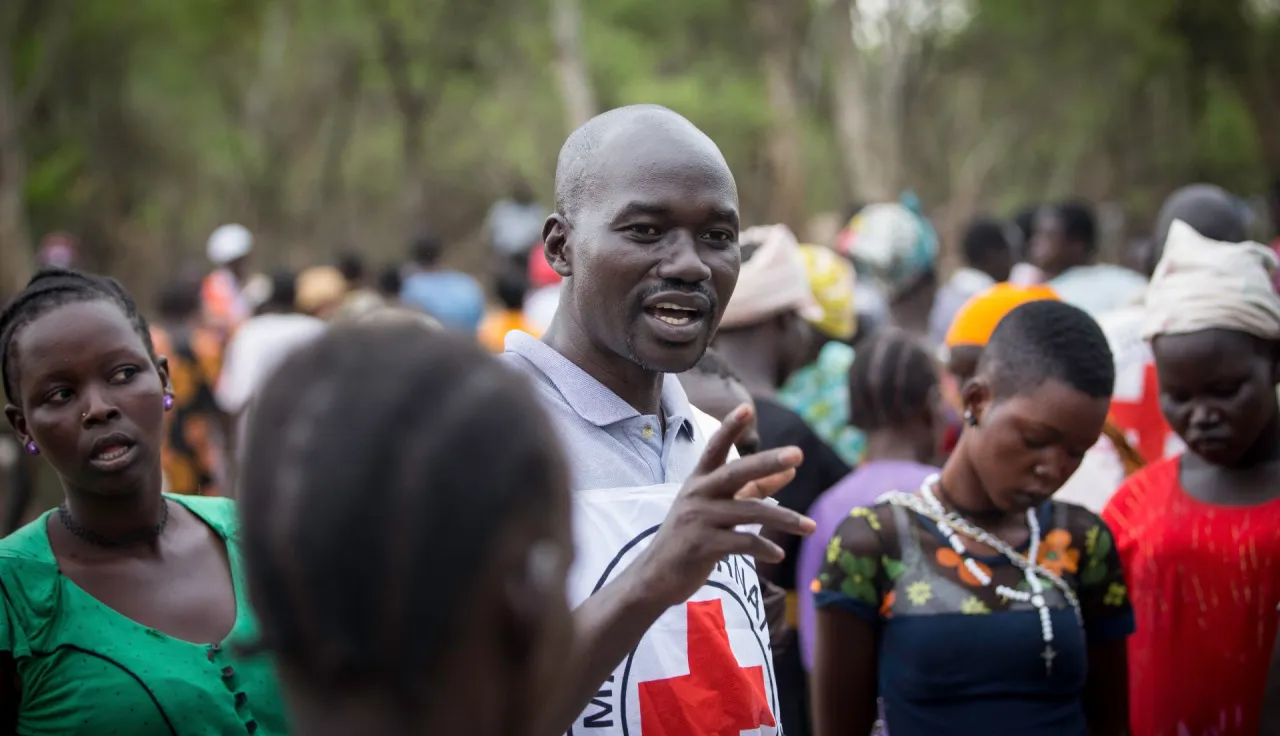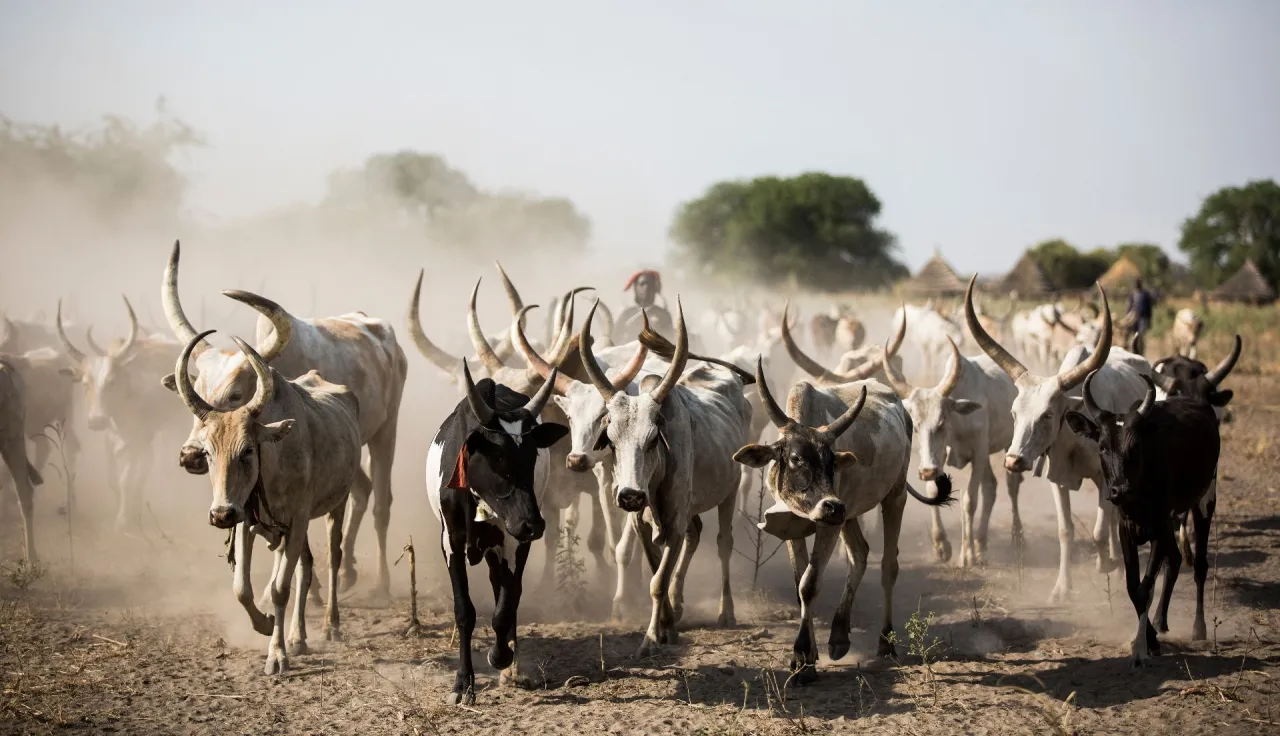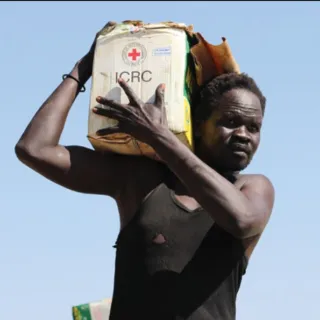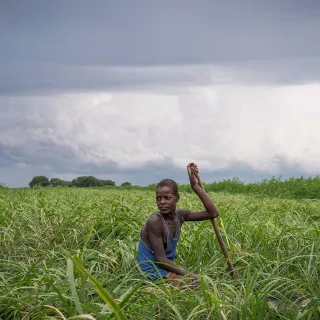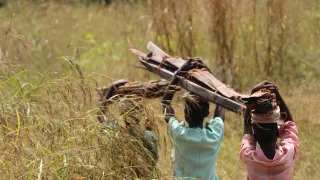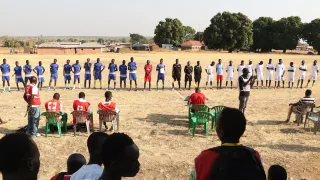Our work in the Republic of South Sudan
The ICRC works to ensure that people affected by armed conflict and other situations of violence are protected in accordance with international humanitarian law (IHL) and other applicable rules. We help separated families to restore or maintain contact with their relatives and support the families of missing persons in the search for their loved ones. We visit detainees to ensure humane treatment and decent conditions of detention and work to increase knowledge of IHL among the authorities and weapon bearers.
The ICRC also endeavours to provide communities affected by armed conflict with access to safe water, medical care, physical rehabilitation services, mental health and psychosocial support, emergency relief and livelihood support. We work closely with and support the South Sudan Red Cross.

